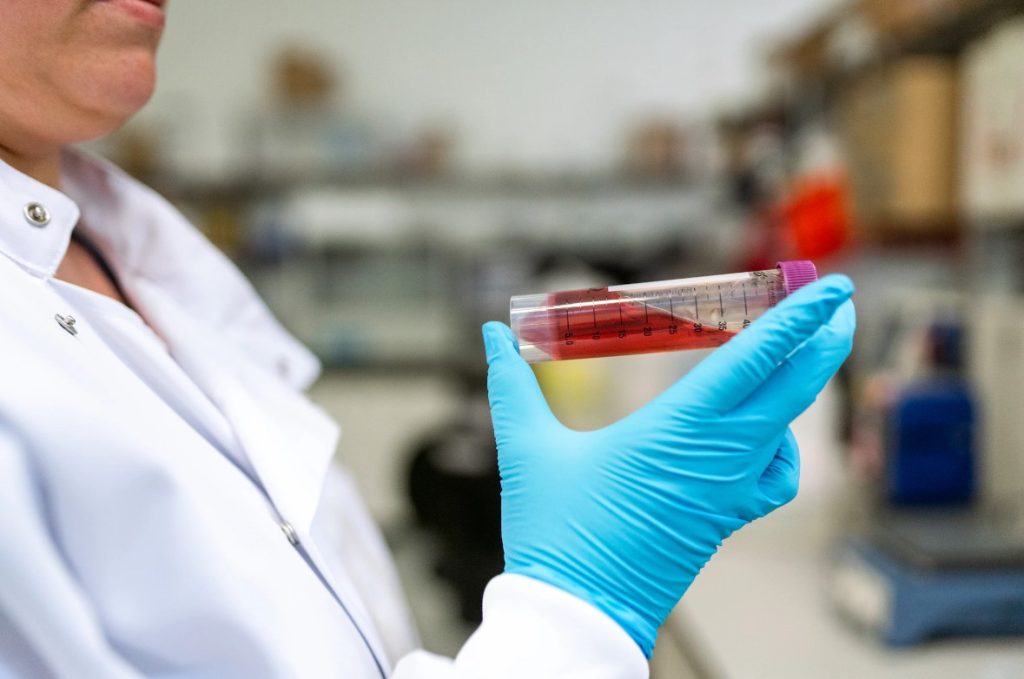Life science is the field of science that studies living things, like plants, people, animals and even bugs. Most people who desire to pursue careers in the life sciences typically hold degrees in chemistry, biology, ecology, environmental science or a similar field. Many types of life sciences jobs can be used in many different fields. One example of a job for one of these experts is working in health and technology or conservation and environmental campaigning.
Life science is a very broad area, so people who want to start a career in it have a lot of choices. Here are some of the popular life sciences jobs in the life sciences.
- Pharmacologist
A pharmacologist is a highly trained scientist who specialises in studying the effects of new drugs. They analyse the efficacy and safety of novel medications for treating medical diseases. These researchers demand a high degree of professional training since they play a major role in ensuring the health and safety of patients who use their drugs. Pharmacologists often have a PhD in pharmaceutical research and collaborate with a research team to conduct clinical studies. Being a pharmacologist may be a satisfying job for people interested in medical research and developing novel therapies for medical ailments.
- Biochemists and Biophysicists
Biochemists and biophysicists are scientists that study the chemical and physical principles of living things as well as biological processes such as illness, cell formation, growth and inheritance. Utilising their understanding, they analyse molecular-level life processes to identify and resolve biological issues. They conduct research and develop novel products and processes with applications in agriculture, pharmaceuticals, food processing and health care.
- Chemical Engineer
A chemical engineer is a scientist who develops chemical compounds and solves issues in various sectors using their understanding of physical, chemical and biological processes. A chemical engineer, for instance, may work for a private corporation to examine the effect of particular chemical compounds on organic matter. This job requires a chemical engineer to assess the safety of chemical components and establish how exposure to these substances affects living creatures. A background in the life sciences may help chemical engineers by providing them with an understanding of the chemical processes that underlie biological activities.
- Laboratory Technician
Lab technicians are basic research associates who assist lab specialists. Laboratory technicians are often in charge of setting up equipment, executing experiments, maintaining lab equipment and documenting results. To work as a lab technician, one must have a bachelor’s degree in laboratory science. Additionally, they could get certifications that allow them carry out specialist research. For those who have a strong interest in doing biological research, like working in a laboratory setting, and wish to conduct scientific studies under the guidance of knowledgeable research facilitators, being a lab technician could be a great career option.
Final Thoughts
Global market expertise is needed as the life sciences industry globalises and the demand for novel medical treatments rises. Singapore’s life sciences industry has grown rapidly due to its focus on research and development, biomanufacturing and clinical research. Many worldwide pharmaceutical and medical device companies have Asian headquarters in the city-state.
Pharmacologists, laboratories, chemists and physicist experts are needed as more corporations use Singapore as an Asian entrance point. The rise of biotech firms has raised the need for engineers and scientists. When it comes to life sciences careers in Asia, Singapore jobs are among the best.
